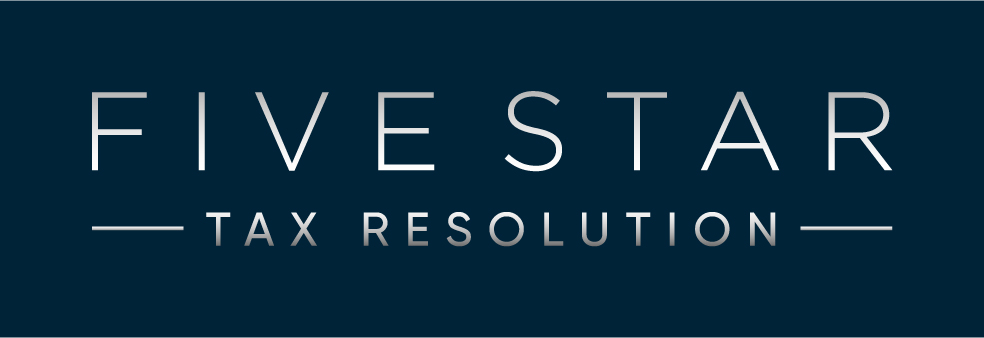A wage garnishment is when the IRS or a state agency requires your employer to withhold a portion of your paycheck to satisfy unpaid taxes. It continues until the balance is resolved or the garnishment is officially released.
Who Can Garnish Wages? Your wages can be garnished by the IRS, state tax agencies, or a court order for obligations such as unpaid taxes, child support, or federal student loans.
How Much Can They Take? The amount taken depends on the type of garnishment. The IRS typically withholds a portion of your paycheck based on your income, filing status, and number of dependents. State agencies and courts follow similar percentage limits, but in most cases, you must still receive enough to cover basic living expenses.
The IRS or other agencies may garnish wages when certain financial obligations remain unpaid after multiple notices. Common reasons include:
Unpaid federal or state taxes
Past-due child support or alimony
Defaulted federal student loans
Unpaid court judgments or legal fines
Back taxes owed by a business owner or self-employed individual
In most cases, wage garnishment is a last-resort action after other attempts to collect have failed. Acting quickly to set up a payment plan or request IRS relief can often stop or prevent the garnishment before it affects your paycheck.
Before the IRS or another agency begins garnishing your wages, they’ll usually send several warnings and notices. Recognizing these signs early can help you take action before your paycheck is affected.
Common warning signs include:
Receiving a Final Notice of Intent to Levy or Garnish Wages from the IRS
Getting Certified Mail or letters demanding payment from the IRS or state tax agency
Repeated IRS collection notices referencing unpaid taxes or missing filings
A Notice of Federal Tax Lien filed against your name or business
Contact from your employer or payroll department about a potential wage order
If you’ve received any of these notices, it’s important to act immediately. Our licensed tax professionals can contact the IRS on your behalf, request a levy release, or set up a payment plan to stop wage garnishment before it begins.
To have a wage garnishment removed, you’ll need to:
Contact the IRS to set up a payment agreement or request a financial hardship review
Negotiate relief options such as a streamlined installment agreement or Offer in Compromise
Work with a licensed tax professional who can handle communication and request an immediate release of the garnishment
Our attorney-led team can contact the IRS on your behalf, help you qualify for relief, and stop garnishment activity so you can keep your full paycheck and regain financial peace of mind.
If you’re unable to pay your full tax balance right away, the IRS offers payment plan options that let you make affordable monthly payments over time. Establishing an installment agreement can help you stay compliant with the IRS and stop actions such as wage garnishments or bank levies.
There are several types of IRS payment plans available, including short-term extensions, streamlined installment agreements, and custom payment options based on your financial situation.
Our licensed tax professionals can help you determine the best plan, complete the application, and work directly with the IRS to ensure your agreement is accepted and collection activity is paused.
IRS hardship relief allows taxpayers facing financial challenges to temporarily pause collection actions such as wage garnishments or levies. If approved, the IRS places your account in Currently Not Collectible status, giving you time to regain financial stability without additional pressure.
The licensed experts at Five Star Tax Resolution can help you stop wage garnishments, communicate directly with the IRS, and create a plan that protects your income while restoring your financial peace of mind.

Our primary goal is to empower small business owners and individuals with financial services.
© Five Star Tax Resolution. All Rights Reserved. Copyright 2024 | Privacy Policy | Do Not Sell My Information | Pursuant to Section 1798.120 of the California Consumer Privacy Act (CCPA), a consumer shall have the right, at any time, to direct a business that sells personal information about the consumer to third parties not to sell the consumer’s personal information. If you would like to exercise this right, please click the following link: Do Not Sell My Personal Information